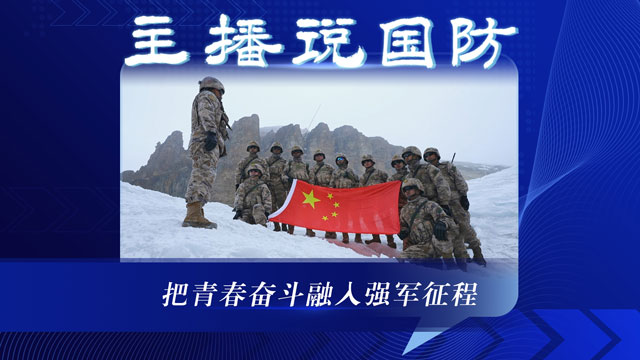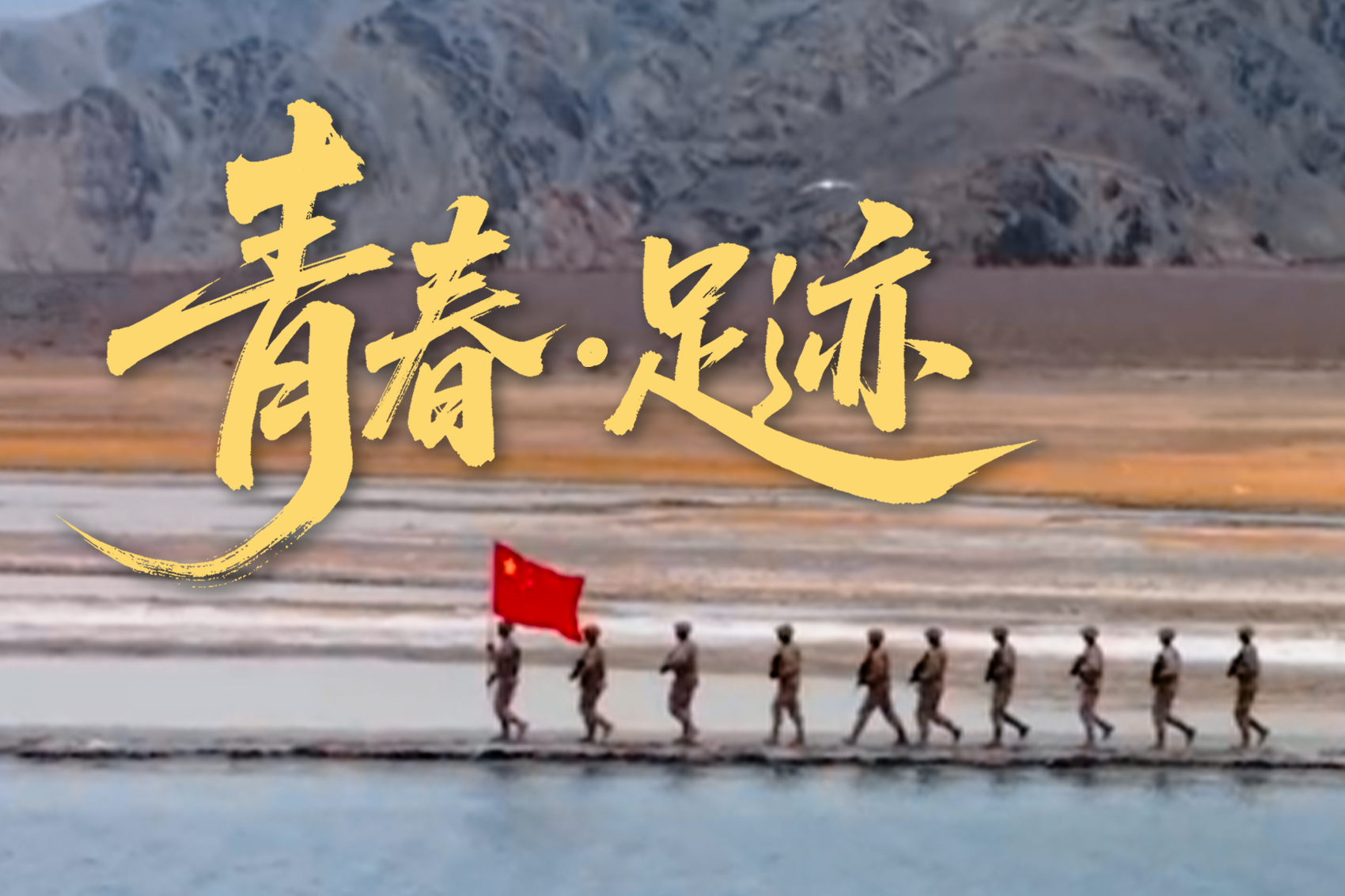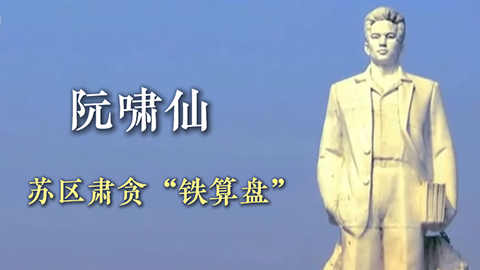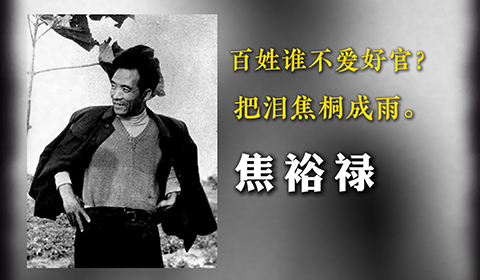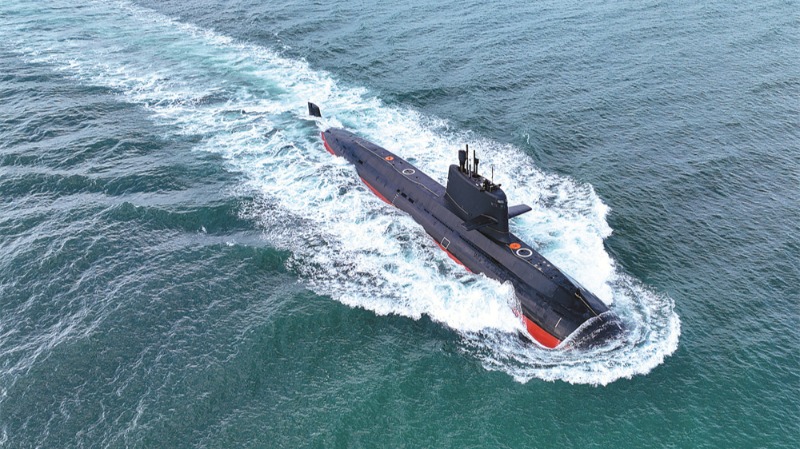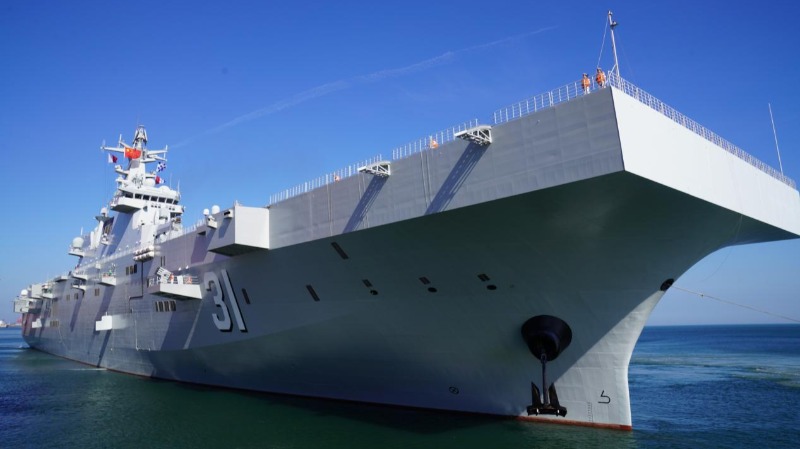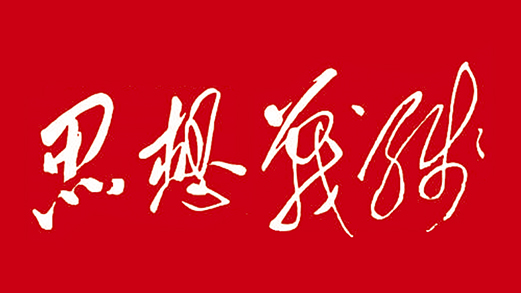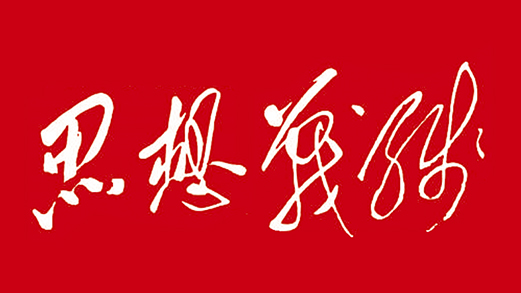金灿荣
By Jin Canrong
以去年10月12日拜登政府发布任内首份完整版国家安全战略报告为标志,美国已经单方面对华开启“新冷战”。
Biden administration's release of the first complete National Security Strategy Report on October 12, 2022 marked that the US had unilaterally launched a "new Cold War" against China.
“新旧冷战”的四个共性
Four commonalities of the old and new Cold Wars
这种对华“新冷战”与上世纪那场“旧冷战”存在四个共性:一是确立一个唯一的全球性对手,彼时是苏联,现在是中国,美国新版国安战略报告明确声称中国是唯一一个既有意图又有能力重塑国际秩序的竞争者,并对美国“构成最严重的地缘政治挑战”。
This "new Cold War" against China has four commonalities with the old one in the last century. First, they both determine a unique global adversary, that is, the Soviet Union for previously and China for now. The US' new National Security Strategy Report clearly states that China is the only competitor with the intention and capability to reshape the international order and "presents America’s most consequential geopolitical challenge."
二是展开配套的内外动员:对内表现为反华意识形态化,对华强硬成为“政治正确”,越来越多美国政客试图通过抹黑攻击中国获取政治资本,而对华理性派、为中国讲公道话的力量不断被边缘化。对外则首先表现为试图构建亚太“小北约”,要点在于促进日韩和解,在此基础上加强日韩与澳大利亚合作,再以日、韩、澳为核心加强与其他一些国家的协调,形成某种“3+N”模式;其次则是推动北约亚太化,虽然目前遭遇法国反对等阻力因素,但美方推动北约“进军亚太”的意图和行动并未改变;再者就是逼迫中立国家选边站以及按照具体领域和议题搞小动作,比如试图组建“芯片四方联盟”(CHIP4)等。
Second, the US implements complementally internal and external mobilization. In the internal term, it promotes anti-China ideology, with toughness against China as "political correctness". More and more US politicians are attempting to gain political capital by discrediting China, while those advocating for a rational approach and speaking objectively about China are constantly marginalized.
In the external term, firstly, it attempts to build an Asia-Pacific version of NATO, prioritizing facilitating reconciliation between Japan and KOR and pushing cooperation among Australia and these two countries on this basis, then stepping up coordination with some other countries with the triplex as the core to form a certain "3+N" mode. Secondly, it continually strengthens NATO's presence in the Asia-Pacific. In spite of existing deterring factors such as opposition from France, the US has not changed its intention and actions to promote NATO's expansion into the Asia-Pacific. Thirdly, it forces neutral countries to take sides and makes calculated moves based on specific areas and agendas, for example seeking to establish the "Chip Quartet Alliance" (CHIP4).
三是试图不留空隙地全方位对华施压。过去美国个别政府部门因为存在部门特殊利益等问题,在对华步调上有时与白宫并不完全一致,但现在这种情况几乎没有了,美国正形成“全政府”遏华战略。
Third, it endeavors to put pressure on China in all directions without leaving any space. Individual US government departments sometimes used to deviate from the White House on policies towards China because of particular interest conflict and other issues, but now this is almost no longer the case, as the US is forming an “all government” strategy to contain China.
四是在全方位施压的同时竭力避免热战。“旧冷战”时期美国就曾尝试跟苏联搞所谓“缓和”,现在对华也不断宣扬要给两国关系装上“护栏”。因为美国清楚,一旦爆发热战,它的代价也会非常巨大。
Fourth, it avoids a hot war while exerting pressure on all fronts. During the "old Cold War" period, the US used to seek the so-called "detente" with the Soviet Union, correspondingly it is also constantly advertising installing a "guardrail" for bilateral relations with China now. The reason is that the country is clear that it would pay for a huge price should a "hot war" break out.
中美双向“新冷战”并未开始
The two-way "new Cold War" has not yet started
但须注意和区分的是,中美双向意义上的“新冷战”并未开始。一个关键因素在于中国拒绝“新冷战”甚至决不允许世界滑向“新冷战”的态度一以贯之。面对美方的挑衅和蛮横打压,中国“后发制人”的战略思维也在发挥作用。
However, it should be noted and distinguished that a two-way "new Cold War" between China and the US has not yet initiated. A key factor lies in China's consistent attitude toward rejecting a "new Cold War" or even never allowing the world to slide into this path. China's post-strike response strategic thinking is also playing a role in responding to provocations and arbitrary oppression from the US.
此外,美国内外动员并不顺利。从美国内部看,美国主要大型企业在对华关系上普遍保持理性,前段时间相关美企高管顶着美国府会以及反华政客的压力密集访华,就代表了美国国内包括企业界在内一部分社会力量不愿迎合华盛顿的反华动员。
Moreover, the internal and external mobilization of the US has not gone smoothly. From the internal perspective, major large enterprises of the country are generally rational in their relations with China. Some time ago, relevant US executives visited China intensively despite pressure from the US government and anti-China politicians, reflecting the reluctance of some social forces in the US, including the business community, to cater to Washington's anti-China mobilization.
从美国外部看,至少主要“老欧洲”国家不愿在对华政策上公开跟着美国跑,同时几乎所有东盟国家明确反对选边站,加上美国自己在一些国际事务上也离不开中国,这使中美相互依存度比美苏时期紧密得多。
From the external perspective, at least major traditional European countries are unwilling to openly follow the US in its China policy, while almost all ASEAN countries are clearly opposed to taking sides. Besides, the US itself is inseparable from China in some international affairs. All these make the US even more interdependent with China than with the Soviet Union.
以上因素,再加上俄乌冲突等牵制,导致美国对华“新冷战”的动员和实施障碍重重,中美双向“新冷战”没能开启。
Coupled with the Russia-Ukraine conflict and other constraints, all the described factors result in US' "new Cold War" strategy difficult to be mobilized and implemented and failing to be initiated in two-way.
美国对华为何越来越歇斯底里
Why is America getting hysterical about China
那么,为何美国对中国崛起反应如此强烈,甚至不惜发起“新冷战”?这首先要从美国自身的发展变化中寻找答案。
So why does the US react so strongly to China's rise, even to the point of launching a "new Cold War"? First of all, the answer can be found in the development and change of the US itself.
美国这个国家的力量巅峰出现在1945年,但现在巅峰已过。笔者认为,1971年8月15日的“尼克松冲击”应被视为美国战后国家发展的一个重要时间节点。美国时任总统尼克松突然宣布美元与黄金脱钩,直接导致布雷顿森林体系瓦解。尼克松政府这个操作是严重的违背契约之举,但当时欧洲和日本在战略上受制于美国,虽有不满但无能为力,美国国内则因从这场“违约”中获得好处,也没出现强烈反对声音。
The peak of strength for the country happened in 1945, but now it has passed. The author believes that the Nixon shock occurring on August 15, 1971 should be regarded as an important moment of the postwar national development of the country. Then US President Richard Nixon suddenly announced the decoupling of dollar from gold, which directly led to the collapse of the Bretton Woods System. This operation by the Nixon administration was a serious breach of contract, but at that time Europe and Japan were strategically constrained by the US and could not do anything about it although dissatisfied, and there was no strong opposition in the US owing to their benefits from this "default".
但“尼克松冲击”的后续影响随后逐渐显现,美国经济开始走向虚拟化、金融化,与金融业相比利润较低的中低端制造业开始外移,加之钢铁、汽车等行业的强大工会力量容易与资方形成对峙等其他因素,美国中低端制造业外移的趋势更加强化。结果就是美国经济虚拟化加剧,现在美国GDP已有大概一半左右与金融相关,
However, the subsequent impacts of the "Nixon shock" gradually emerged later on, and the US economy shifted toward virtualization and financialization. On account of lower profits compared with the financial industry, combined with the high contradiction between strong union forces and the capitals in steel, automobile and other industries, together with other influences, the offshoring trend of medium and low-end manufacturing industry got more evident in the US. The result was that the virtualisation of the US economy had accelerated, thus roughly half of US GDP is associated with finance now.
这让今天的美国与1945年时相比自我“造血能力”不可同日而语。当然,美国“吸血能力”因此大大增强,通过金融手段控制全球市场而持续获利。
This makes the US less self-sustaining today than it was in 1945. Nevertheless, the "bloodsucking ability" of the country has been greatly enhanced, enabling it to control and continuously profit from the global market through financial means.
如此一来,美国将“新冷战”的矛头直指中国就不难理解了。根据国际学界甚至政界的普遍看法,中国按照当前轨迹发展下去最终将会取代美国第一经济大国的位置。而在经济严重虚拟化的背景下,美国高度依赖世界经济“一把手”的地位。很大程度上,正是作为世界第一经济强国的信誉和霸权地位,才使美国能够操弄各种金融游戏并从全世界范围内收割利益。因此,维持“一把手”位置在美国一些精英看来已经不仅仅是利益问题,而是“生死攸关”的问题。虽然中方多次强调从来不寻求改变现有国际秩序,不干涉美国内政,无意挑战和取代美国,但美国的战略焦虑仍然不断积聚并在对华政策上表现得越来越歇斯底里,直至单方面对华发起“新冷战”。
In this way, it is not difficult to understand why the US directs the focus of the "new Cold War" squarely at China. According to general views of the international academic and even political circles, China will eventually replace the US as the largest economic power if continuing to develop on its current trajectory. On the context of severe economic virtualization, the US is highly dependent on its "leading" status in the world economy. To a large extent, it is the credibility and hegemonic position as the world's first economic powerhouse that facilitate it to manipulate all types of financial games and reap interests from the world. Therefore, in the view of some American elites, maintaining the "leading" position is no longer just a matter of interests but a matter of "life and death" significance. Although China has repeatedly stressed that it never seeks to change the existing international order nor interferes in the internal affairs of the US, and has no intention to challenge or replace its position, the US has continued to build up strategic anxiety and behaves increasingly hysterical in its China policy until unilaterally launching a "new Cold War" against China.
(作者是中国人民大学国际关系学院教授)
(The author is a professor of School of International Studies, Renmin University of China)
Editor's note: Originally published on opinion.huanqiu.com, this article is translated from Chinese into English and edited by the China Military Online. The information and opinions in this article do not necessarily reflect the views of eng.chinamil.com.cn.







